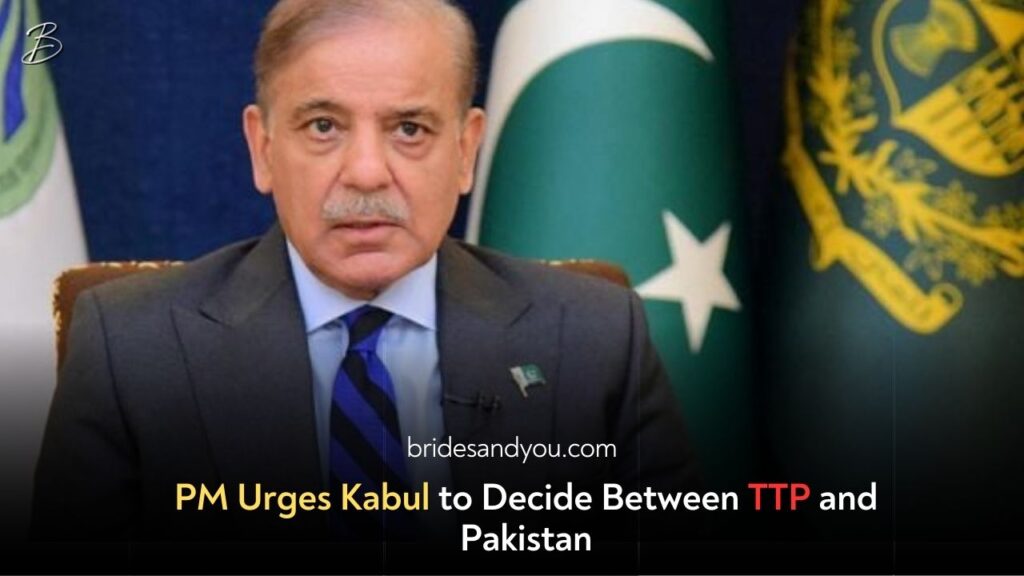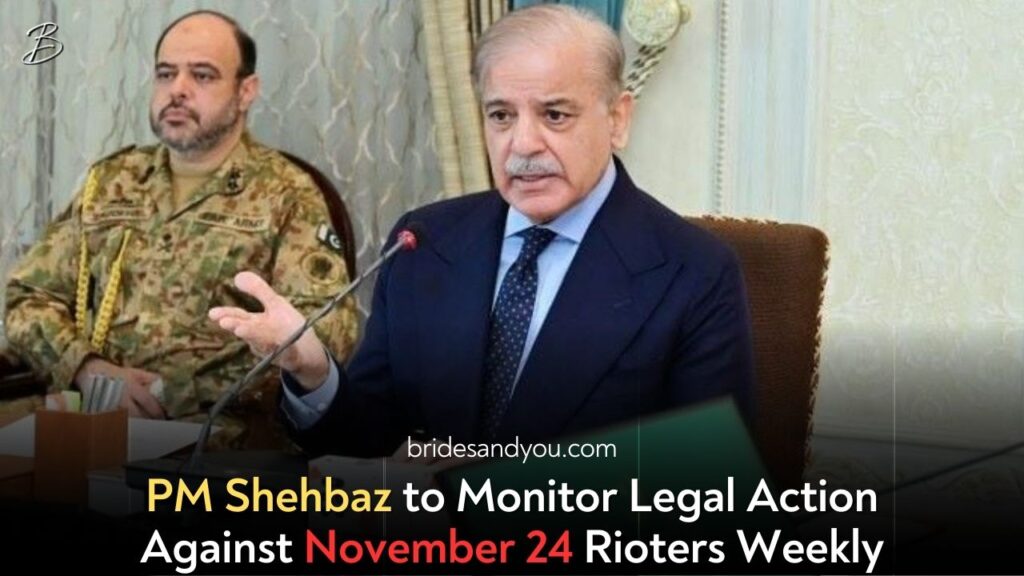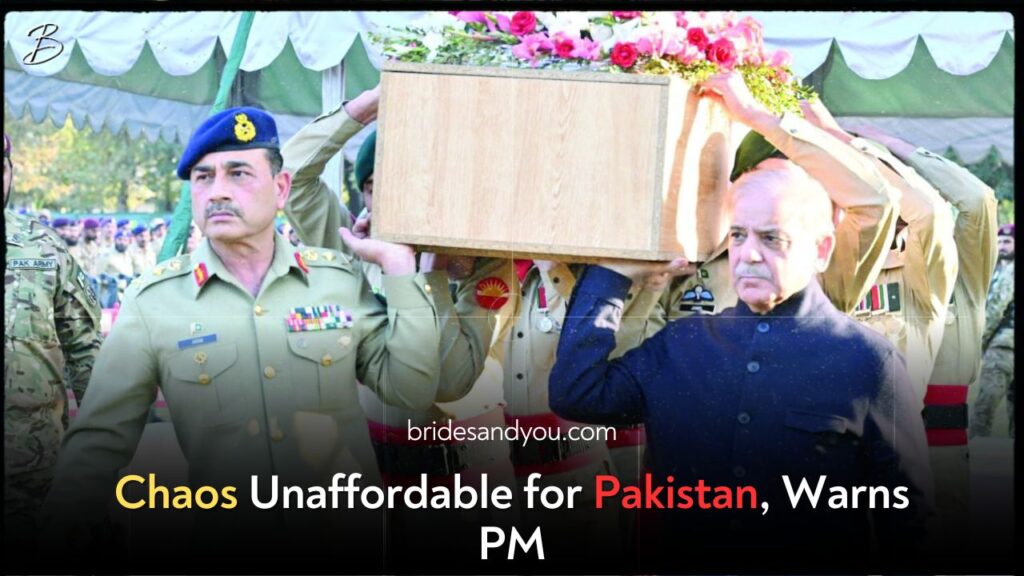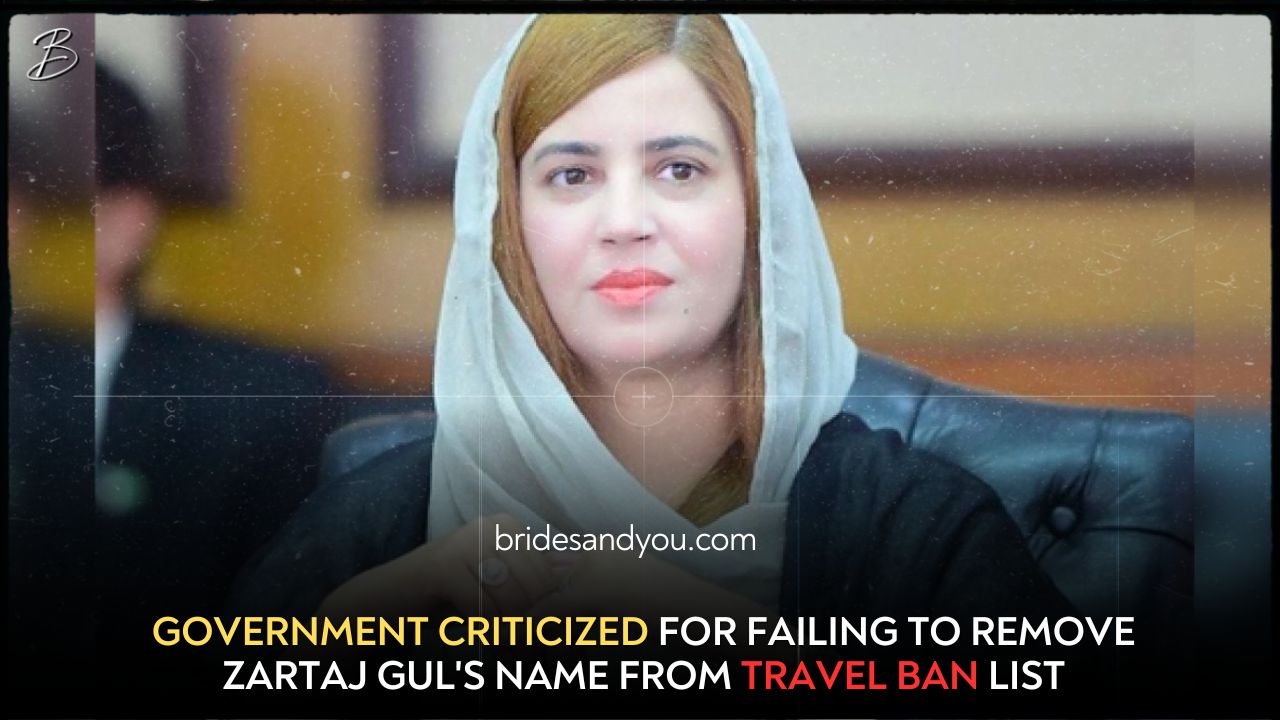Now Reading: PM SHEHBAZ SHARIF: PAKISTAN COMPLIES WITH IMF’S STRINGENT CONDITIONS
-
01
PM SHEHBAZ SHARIF: PAKISTAN COMPLIES WITH IMF’S STRINGENT CONDITIONS
PM SHEHBAZ SHARIF: PAKISTAN COMPLIES WITH IMF’S STRINGENT CONDITIONS
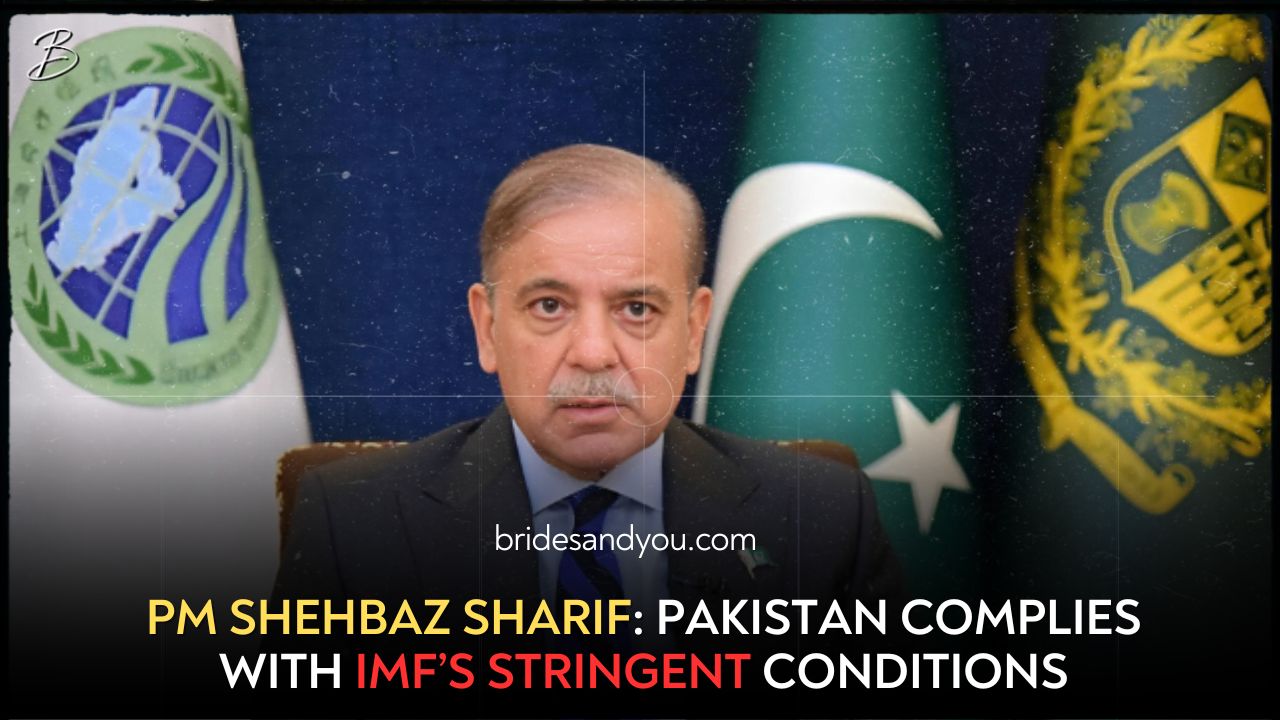
Prime Minister Shehbaz Sharif announced that Pakistan has successfully met the stringent conditions set by the International Monetary Fund (IMF), ensuring progress toward stabilizing the country’s economy.
Speaking at the Sustainable Development Goals (SDG) Moment in the United States, PM Shehbaz expressed gratitude to friendly nations such as China, Saudi Arabia, and the United Arab Emirates for their crucial support in helping Pakistan navigate economic challenges.

He urged developed countries to assist nations like Pakistan in escaping debt traps worsened by climate-related disasters. During his address at the 2024 SDG Meeting on the sidelines of the 79th United Nations General Assembly, Shehbaz emphasized that although developing countries contribute little to global emissions, they bear the brunt of climate disasters.
“In 2022, we faced the worst floods in our history, resulting in $30 billion in damages, yet we are still expected to borrow money to repay old debts,” PM Shehbaz said, describing this situation as a “death trap.” He called for a fairer system in which wealthier nations, responsible for the bulk of global emissions, take greater responsibility by offering meaningful support.
Shehbaz highlighted the financing gap for Sustainable Development Goals (SDGs), which runs into trillions of dollars, leaving developing countries struggling to fund critical projects. He stressed that without assistance from developed nations, achieving the SDGs would remain a significant challenge.
PM Shehbaz also spoke about Pakistan’s fight against terrorism, calling it one of the country’s greatest challenges since 9/11. He revealed that Pakistan had lost 80,000 lives to terrorism pushed from across the border and suffered an economic loss of $150 billion during counter-terrorism operations. Despite these setbacks, he assured that Pakistan had largely overcome the threat.
He also discussed his government’s focus on education reforms, noting significant progress made during his time as Chief Minister of Punjab and later as Prime Minister. One of his key initiatives, the Punjab Education Endowment Fund (PEEF), has provided scholarships and stipends to students from disadvantaged backgrounds, enabling them to pursue education both domestically and abroad.
He also highlighted the establishment of Danish Schools, aimed at providing high-quality education to orphans and children from poor families. These schools, equipped with modern resources and skilled teachers, have produced graduates who are now doctors, engineers, and scientists.
However, PM Shehbaz lamented that around 25 million children in Pakistan remain out of school, calling it a critical challenge his government is determined to address through continued reforms and enrollment drives.
On a broader scale, PM Shehbaz urged the international community to not only address the immediate financial needs of developing countries but also take meaningful action on climate change and support education and vocational training for long-term development.
Earlier this month, the IMF confirmed that its Executive Board will meet on September 25 to discuss the approval of Pakistan’s $7 billion Extended Fund Facility (EFF). This loan is essential to stabilizing Pakistan’s economy, which has been grappling with rising inflation and shrinking reserves.
IMF spokesperson Julie Kozack confirmed the meeting during a press briefing, stating, “We are happy to announce that the board meeting is scheduled for September 25.” This follows Pakistan securing the necessary financial assurances from development partners.
The $7 billion loan package had been under discussion since May, with a staff-level agreement reached in July. Despite this, delays persisted in finalizing the IMF Board’s approval. Pakistan had to meet tough IMF conditions, including imposing Rs1.8 trillion in new taxes and hiking electricity prices by up to 51%.
Other conditions included halting the establishment of new special economic or export processing zones, with existing tax incentives not being extended after expiration. Critics argue that these policy changes effectively hand over control of key economic decisions to the IMF.
State Bank of Pakistan (SBP) Governor Jameel Ahmad confirmed that Pakistan secured over $2 billion in external financing from sources other than the IMF. “All those assurances and external financing have been arranged by the government, and there is no further hurdle in moving our case to the board,” Ahmad said during an analyst briefing.
PM Shehbaz, addressing the federal cabinet earlier, expressed optimism about the IMF negotiations, acknowledging the harshness of the measures but emphasizing that Pakistan is “moving in the right direction” with the Fund. He also thanked friendly countries for their support and stressed the importance of building a self-reliant economy free from dependence on external loans.

